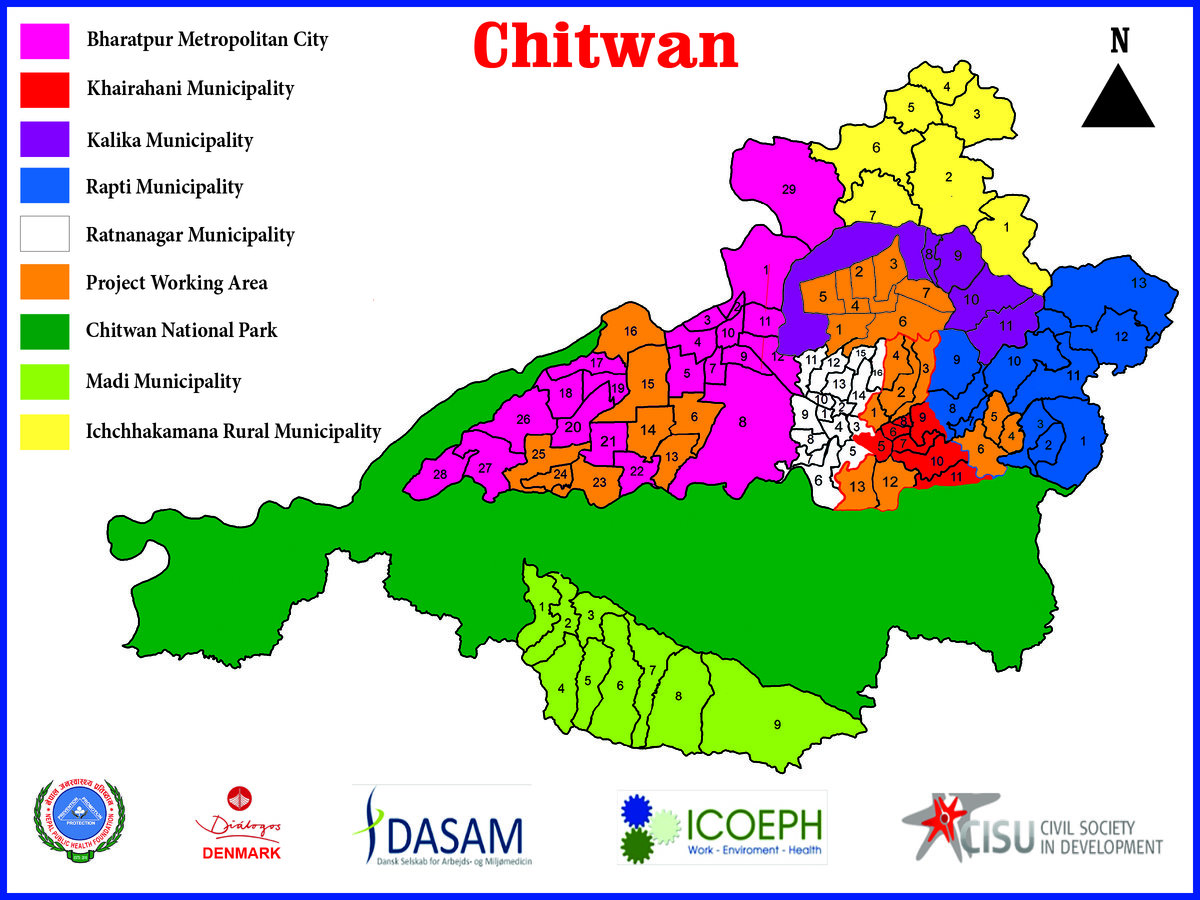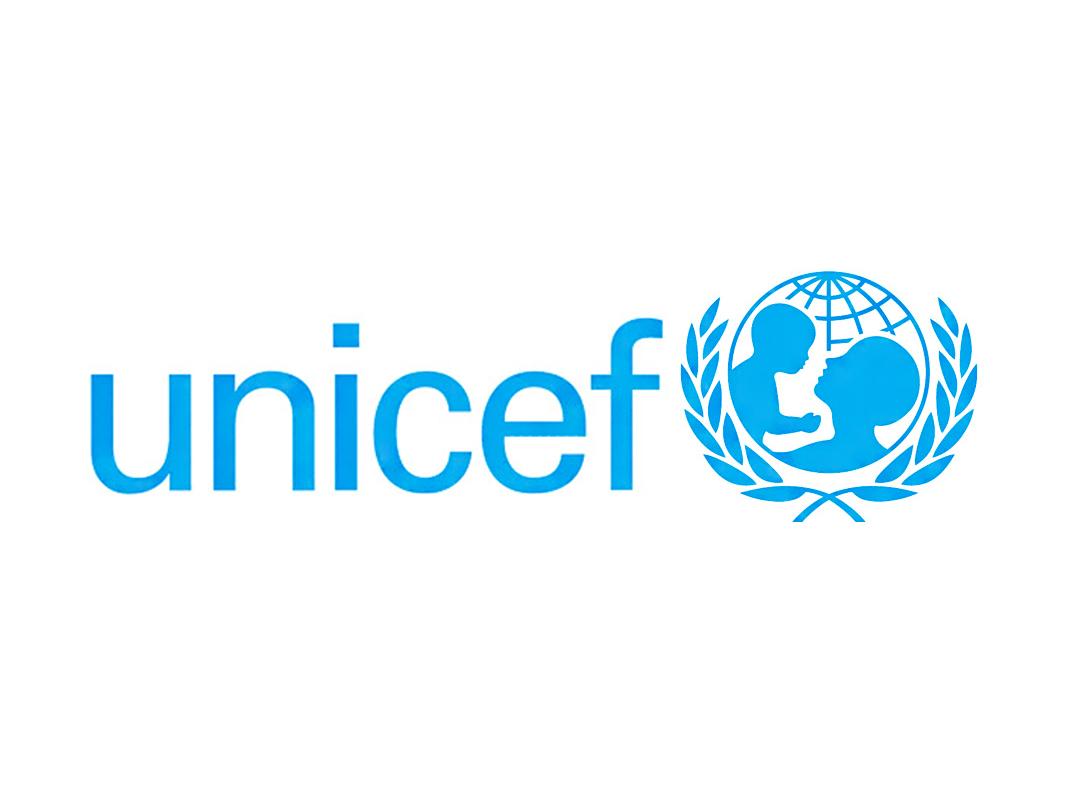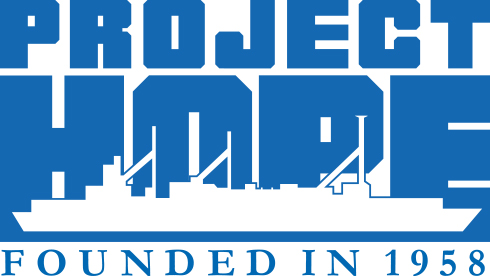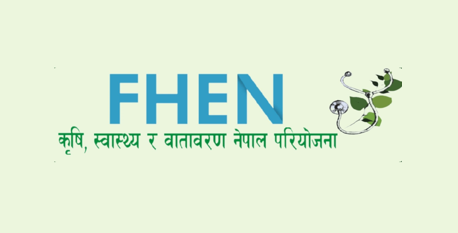
The project “Farming, Health, and Environment in Nepal (FHEN)” has been a collaboration between Nepal Public Health Foundation (NPHF) and International Centre for Occupational Health, Environment and Public Health (ICOEPH), a part of the Danish Society of Occupational and Environmental Medicine (DASAM) and Diálogos through the last eight years (2012-2020). FHEN aimed to improve the health of farmers and consumers by promoting healthy and sustainable food production in Nepal. FHEN mainly focused on the Chitwan District in Southern Nepal and has played a major role in putting spotlight on the pesticide issue through the project’s first and second phase. NPHF has successfully established itself as a leading organization to advocate for the issue of pesticide and health. FHEN had a unique feature of combining the agricultural field with the health field: healthy farm and healthy food. It has adopted ‘Participatory Development and Multisector Approaches’ to all its work activities.
Furthermore, the community interventions like participatory Integrated Pest Management Farmer’s Fields Schools (IPM-FFS), training to different target groups, and researches have provided evidences and experiences to raise awareness and perform advocacy. These activities and interventions were based on research assessing the magnitude of pesticide use, perceptions and practice of farmers, spray workers, and retailers on safe handling of pesticides, extent of health effects experienced by farmers, and preparedness of the health sector to handle the pesticide poisoning cases.
Objective and relevance
In line with the Sustainable Development Goals 3 “Good Health and Well-being” and 12 “Responsible Consumption and Production”, the overall aim of the proposed project is to create an environment in Nepal which enables a sustainable use of chemical pesticides, with minimized harm to public and environment.
The objectives are to:
- Enable the local government and farmers’ cooperatives to enhance IPM compliance among farmers, spray workers, and retailers in Chitwan District, Nepal.
- Establish consumer forums that advocate for pesticide free foods through lobbying among politicians and fellow citizens.
- Define an operational strategy to prevent pesticide poisoning which has a multisector approach and can be adopted at the federal, provincial and municipal level.
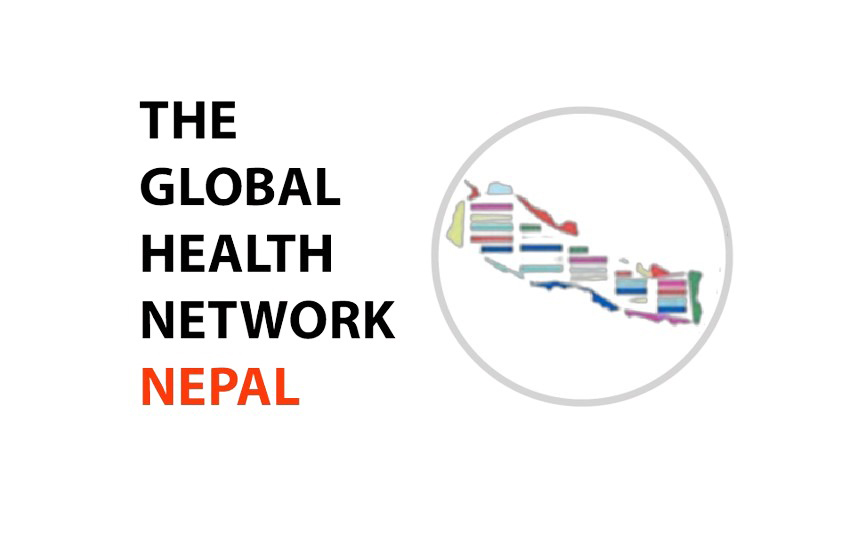
The Global Health Network (TGHN), situated at Oxford University, is a knowledge- sharing community and a World Health Organization (WHO) collaborating center. It is widely utilized by the global health research community, striving to enhance research capabilities and leadership in regions and environments where health evidence is lacking.
With regional centers in Asia, Africa, and Latin America, the TGHN Nepal Centre aims to serve as a platform that nurtures and facilitates collaboration among research institutions, academia, and individuals involved in health research. Through the hosting of the Nepal Centre, the Nepal Public Health Foundation (NPHF) demonstrates its unwavering dedication to advancing the field of global health and research within the country. The center’s primary objective is to promote and strengthen health research collaboration by fostering opportunities for knowledge exchange, capacity building, and joint research initiatives.
Project activities:
GARP’s current focus is generating cross-disciplinary evidence describing the impact of vaccines on AMR in country-specific contexts.
- Initiate a conversation with experts in the AMR and Immunization fields to obtain national perspectives.
- Create a working group to facilitate activities related to this evidence-generating and policy engagement project.
- Generate country-level estimates on the impact of vaccines in reducing infectious disease burden and AMR.
- Develop national-level publications bringing forth evidence on the value of vaccines to mitigate AMR and the benefit of including its reduction of AMR burden when making the economic case for vaccine introduction.
- Convene experts and policymakers from the AMR and Immunization sector to present national-level evidence on the value of vaccines as a mitigation tool for AMR.
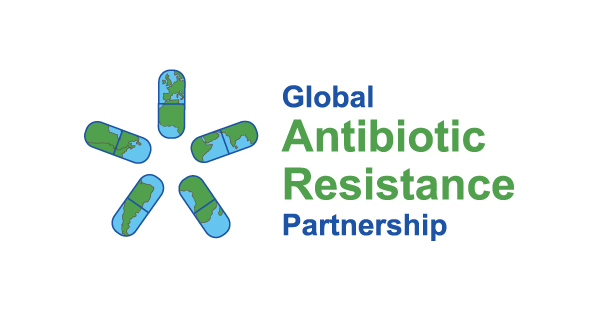
Global Antibiotic Resistance Partnership Nepal (GARP Nepal) has been working in antibiotic use and resistance sector since 2013. The project is funded by the One Health Trust. The heart of GARP Nepal is a voluntary working group of local professionals representing a range of disciplines in human and animal health from academia, NGOs and the government. The main objective of the program is to generate country level evidence on impact of vaccine on antibiotic use and AMR containment and sensitize relevant stakeholders.
Project activities:
GARP’s current focus is generating cross-disciplinary evidence describing the impact of vaccines on AMR in country-specific contexts.
- Initiate a conversation with experts in the AMR and Immunization fields to obtain national perspectives.
- Create a working group to facilitate activities related to this evidence-generating and policy engagement project.
- Generate country-level estimates on the impact of vaccines in reducing infectious disease burden and AMR.
- Develop national-level publications bringing forth evidence on the value of vaccines to mitigate AMR and the benefit of including its reduction of AMR burden when making the economic case for vaccine introduction.
- Convene experts and policymakers from the AMR and Immunization sector to present national-level evidence on the value of vaccines as a mitigation tool for AMR.




